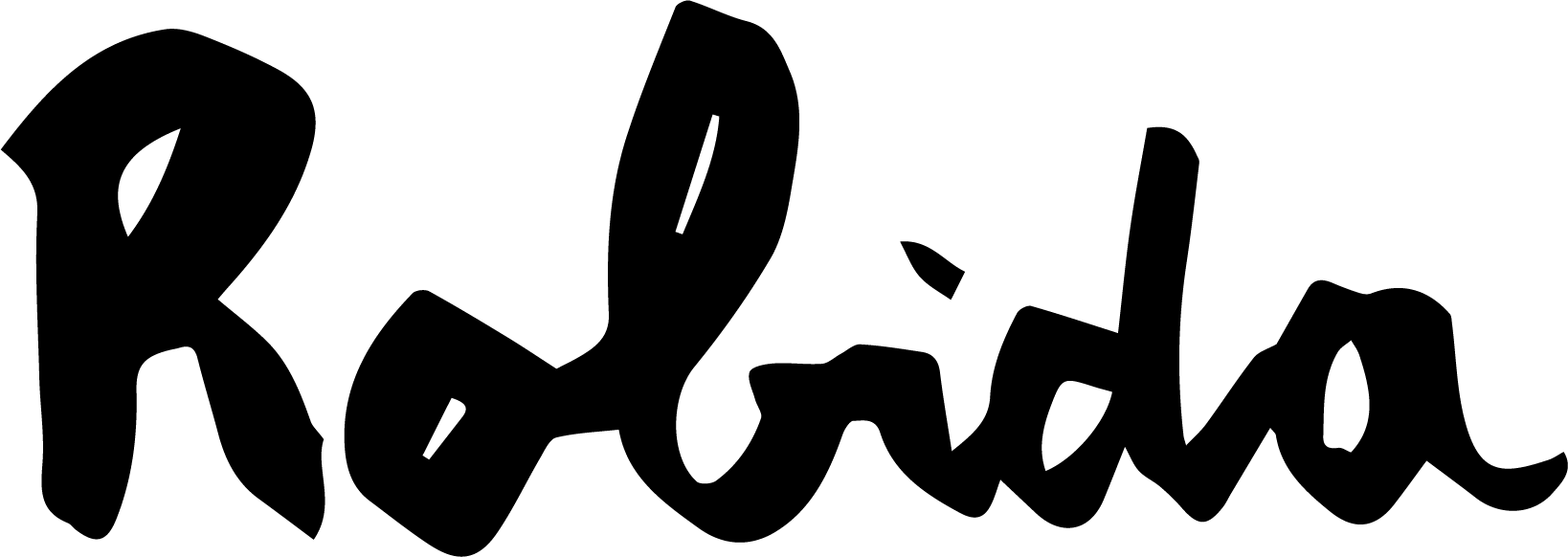INFO
272 color pages
70 contributors
5 different languages
EDITORIAL
The nostalgia of Ulysses, the wait of Penelope, the refuge of Robinson Crusoe, the home of Elsa Morante’s Arturo, the treasure of Edmond Dantès, the exile of Prospero, the prison of Caliban, the utopia of Thomas More, the dystopia of Golding’s Lord of the Flies: islands are places for stories.
This is because they are microcosms; because their margins open up new possibilities for dream, hypothesis and struggle; because, as Godfrey Baldacchino writes in the Introduction to the first issue of the Island Studies Journal, they can be thought of as “tabulae rasae: potential laboratories for any conceivable human project, in thought or in action”. But this is also because islands are observation points, which do not just tell their own, long-kept secrets, but allow us to pose questions that extend beyond their shores: what can we see, from the island, that we could not see outside it? What change of perspective does the island offer us? Robida has always been interested in looking at places from this slanted angle, interrogating places not just for what they are, but what they can say; not just what and why a margin is, but rather how it can speak.
It is mostly through and in stories that islands speak. It is the case, for example, of J. G. Ballard’s novel Concrete Island (1974), the story of an unfortunate man who becomes stranded, Crusoe-like, on a piece of land surrounded by the parapets of a high-speed highway. We here find ourselves as far away as possible from the most immediate picture of a blue-lined, shimmering-golden island, yet that confined space turns into an observation point, where the protagonist not only deciphers a mirror of his own mind, but also a telling (and in this case, disturbing) image of the world he has been cut off from. The concrete island – once he has been stranded on it, and almost felt himself merging with it – speaks, and it says something about the world, going well beyond its own confines.
Furthermore, our understanding of islands cannot but be deeply connected with the notion of movement, or the lack of it. It is through a journey that we arrive at the island, while our being on one is defined by its physical limits that impose stillness and encourage observation. Islands evoke journeys.
We have therefore imagined and organized Robida 8 as a journey, that can explore aspects of island life along a narrative thread, as if developing the structure of an epic voyage: from the Embarkation – where introductory perspectives on islands are offered –, then into the Departure – which considers the islands from afar, as conceptual entities –, through the Tempest – representative of the turmoils and movement that island stand for –, passing from the Strandedness – where the island coincides with stillness –, to finally approach the Homecoming, and the island as repository of collective as well as personal memory. Our aim is for this journey to enrich our understanding of islands, as fertile ground for exploring what it means to inhabit a place.
〰️
CONTRIBUTORS
Adele Dipasquale and Cristina Lavosi, Adriana Gallo, Agnieszka Dragon, Ajda Bračič, Alessandro Simone and Francesca Cassi, Alice Pedroletti and Alessandra Saviotti, Ana Escariz Péres, Anna Bierler, Anne Kathrin Müller, Antônio Frederico Lasalvia, Brechje Krah, Camilla Isola, Camilla Marrese and Gabriele Chiapparini, Chiara Alexandra Young, Chiara Dorbolò, Constanze Flamme, Deborah Mora, Dora Ciccone, Elena Rucli, Federica Carlotta Lai, Francesca Lucchitta, Gabriele Zagaglia and Fernanda Villari, Giacomo Bianco, Giampaolo De Pietro, Giuditta Trani, Greta Biondi and Vittoria Rubini, Guglielmo Giomi, Haydée Touitou, Igor Martinig, Jack Bardwell, Janja Šušnjar, Kaja Rakušček, Katrina Pelikan Bašelj, Laura Savina, Léna Lewis-King, Livia Galtieri, Ludivine Gragy, Ludovica Battista, make LARMO, Mara-Luna Brandt Corstius, Marcos Beccari, Margherita Falqui, Marie Ilse Bourlanges, Marie Kerkeling, Marta Marini and Cecilia Bima, Marta Marini and Francesca Matracchi, Mauro Tosarelli, Melissa Carnemolla, Mercedes Talevi, Mercedes Villalba, Ola Korbańska, Olya Korsun, Opher Thomson, Philipp Kolmann, Rachele Daminelli, Romane Bourgeois, Rosario Talevi, Silvia Sfligiotti, Siria Falleroni, Stefano Conti, Suzanne Bernhardt, Tanja Marmai, Titta C. Raccagni, Tymon Hogenelst and Jesse van der Ploeg, Valerija Intihar, Vidya Narine, William Belloche
Interviews: Guido Scarabottolo, Davide Degano
〰️
You can buy Robida 8 at:
– Zabrieskie, Berlin
– San Serriffe, Amsterdam
– Rile, Brussels
– Page Not Found, Den Haag
– Materia Prima, Porto
– Punch, Bucharest
– Bruno, Venezia
– Edicola 518, Perugia
– NOI, Milano
– Frabs mag, online
〰️
Robida 8 magazine is supported by Fondazione Pietro Pittini and by Civibank.
Robida's activity is co-financed by the Government Office for Slovenians Abroad (Urad Vlade republike Slovenije za Slovence v zamejstvu in po svetu).
Robida 8 started to explore the topic of the island at a residency at Kino Otok - Isola Cinema film festival.
















